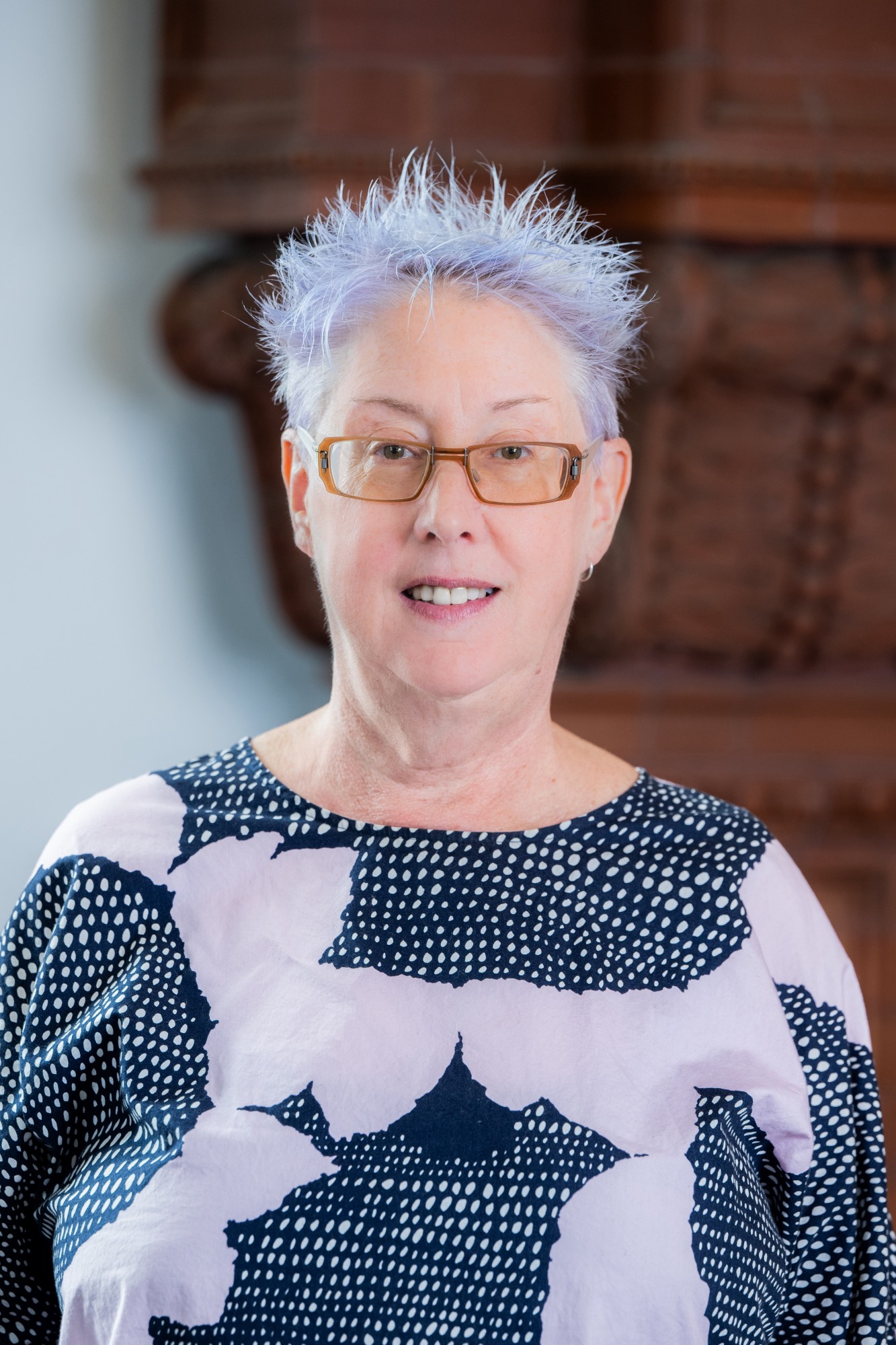About the LGBTQIA+ Thinking Initiative
Engaging with the subjectivities and socialities, differences and connections, histories and cultures of sexual and gender minorities, LGBTQIA+ Thinking pays close attention to how sexualities and gender identifications have been constructed; how they intersect with global and local formations of race, class, and generation; and how sexual and gender minorities have attempted to live and understand themselves outside, or in the interstices, of dominant sexual and gender norms.
"This initiative signals the importance of exploring sexual and gender formations, identities, and issues," Joyrich says, "recognizing that just as these can give us places from which to think, those places may shift, change, and invite re-thinking."
The LGBTQIA+ Thinking Initiative includes intellectual, pedagogical, and social components. Programming—ranging from lectures, presentations, and symposia to exhibitions, screenings, and performances—is designed to coordinate with other Pembroke initiatives (such as the Pembroke Seminar, the Black Feminist Theory Project, and the Feminist Theory Archives) and to further links with other units (such as the BAI, CSREA, CSSJ, the Cogut Institute, IBES, the School of Public Health, and the Watson Institute). Pedagogical aims include working with Gender and Sexuality Studies program leadership and faculty on course development, program coordination, and pedagogical collaboration. Finally, the Initiative fosters community bonds via the connections made through LGBTQIA+ Thinking programs and events at Brown and beyond. In this way, the Pembroke Center can further foster thinking, learning, and acting for and with this vital and diverse community.
About Lynne Joyrich, Director of the LGBTQIA+ Thinking Initiative
 Lynne Joyrich is Professor of Modern Culture and Media at Brown University and the Director of the LGBTQIA+ Thinking Initiative of the Pembroke Center for Research and Teaching on Women. She is the author of Re-viewing Reception: Television, Gender, and Postmodern Culture and of articles on television, film, cultural studies, and feminist and queer studies that have appeared in such journals as The Black Scholar, Critical Inquiry, Cinema Journal, differences, Discourse, Jump Cut, Journal of e-Media Studies, and Journal of Visual Culture, and such books as Private Screenings; Modernity and Mass Culture; Logics of Television; Inventing Film Studies; New Media, Old Media; Queer TV; and Unwatchable. She has been a member of the editorial collective of Camera Obscura: Feminism, Culture, and Media Studies since 1996.
Lynne Joyrich is Professor of Modern Culture and Media at Brown University and the Director of the LGBTQIA+ Thinking Initiative of the Pembroke Center for Research and Teaching on Women. She is the author of Re-viewing Reception: Television, Gender, and Postmodern Culture and of articles on television, film, cultural studies, and feminist and queer studies that have appeared in such journals as The Black Scholar, Critical Inquiry, Cinema Journal, differences, Discourse, Jump Cut, Journal of e-Media Studies, and Journal of Visual Culture, and such books as Private Screenings; Modernity and Mass Culture; Logics of Television; Inventing Film Studies; New Media, Old Media; Queer TV; and Unwatchable. She has been a member of the editorial collective of Camera Obscura: Feminism, Culture, and Media Studies since 1996.